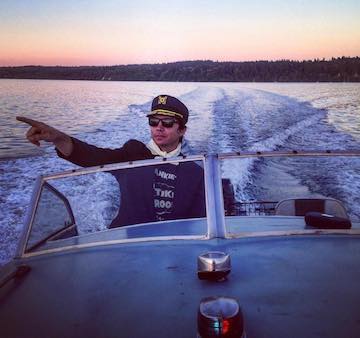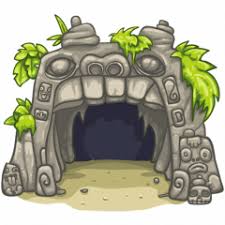Tell us about your background and the barriers and concerns you've experienced with healthcare throughout your years as a touring musician.
I was going to the University of Austin, (Texas), when i started playing music. I had no intentions of becoming a full time musician. I had a national tour and went to see my counselor about how to proceed. She suggested that I re-enroll when I was done. I’m still waiting. I have recorded and toured as a musician throughout my whole life. I have been able to support my family through this and for that I’m grateful. A touring musician is an independent agent on all levels. There are no guarantees on anything, and very few safety nets. Insurance is based on big plans, and when you work for a company you get the strength of the group demands, along with the advocacy that comes with that. The only thing close to that for most musicians would be our union, which is outdated and not powerful in those areas, so we are a very vulnerable population. Couple that with the extraordinary demands that constant touring takes on your body and soul, (I don’t stop unless a body part is missing), and you start to deal with some very challenging medical situations. Every musician I know has major physical ailments, and very few of them have the means and time to take care of them. In my case I have some structural issues that would have been dealt with years ago. I have been singing through a major vocal injury that has proven too complicated and expensive to solve to this point so I have “accepted” it and carried on. My story is a typical story for our world, and needs to change
How did you help found SMASH (Seattle Musicians Access to Sustainable Healthcare), and come to advocate so passionately for musicians having access to adequate healthcare?
As much as I would like to take credit for this, I tour out of Austin, and was very involved with both HAAM and SIMS, which offer medical care and mental health care to Austin area musicians. My wife, who is a teacher, was changing jobs. We looked at the health insurance packages, which were about half of her take home pay. I tried to apply for HAAM, but was told that though my band operated out of Austin I would need to look locally in my Seattle area for similar NP’s. I was sure that Seattle, being such a progressive city, would have a plethora of help for artists, and was astounded when I found out they didn’t. I felt both a responsibility to my adopted region and to my fellow musicians, who have been so generous to me throughout my life.
How has your routine changed since the pandemic?
I had a very exciting spring and summer planned. In addition to some amazing festivals and shows, I was also giving a talk for Youtube at their annual creative retreat, which was in Austin this year. As the reality of the pandemic hit, everything fell apart, and I had a very stressful couple of days. I lost a ton of money and it put my family in immediate financial jeopardy. I basically made a career shift in a couple of days; throwing up a teaching platform for online lessons. I am very fortunate to have the reach I do, and have been able to teach guitar and songwriting, as well as the occasional livestream, allowing us to survive through this time financially. I live in the country and have space, as well as having a wonderful family to go through this with. I am grateful for these things, and I have had many poignant moments. This is the longest I have ever been at home and many facets of it have been great. The whole thing has been wrapped with this low buzzing anxiety. I can feel, and often see the suffering around me. Our community is a very vulnerable community, with levels of depression and anxiety that are much higher than the population norms. This is coupled with much higher levels of access and use of drugs and alcohol, and the duality has made for a very challenging time. I lost two good friends of mine to drug overdoses just a couple of weeks ago, and as the pandemic goes on, the inability for musicians to perform really creates a perfect storm to bring these issues forward.
How does trust play a role in your daily routine, as a musician, producer, and entrepreneur, especially in the current Covid atmosphere?
Faith is the backbone of anybody’s mental health, and for musicians faith is our superpower. We stare at unbelievable odds all the time, and often this faith, (some may say brutal naivete), allows us to keep going. I still sit here at 52 years old thinking that my next release could change the world, even though music rapidly loses its cultural force in most artists mid 20’s. I often have said that musicians were well prepared for this situation. It doesn’t really feel that different from the normal uncertainty that we face. The biggest thing is the question of when can we return to live music and what does it look like? I trust, because I have to, that there will be a path forward for myself and my peers on the backside of this.
What do you wish the public knew about the experiences of the music community, locally and globally, when it comes to healthcare?
That we need help. As i said above, everyone i know that is a professional musician is playing through serious pain, as well as health and mental issues, every day. We are a vulnerable population that has really fallen through the cracks. We are performers, and our thing is to smile and make YOU feel better.
What is the best part of your day? The hardest?
I have been loving teaching and seeing the changes in people I am working with. I have found it hard to find a rhythm that gets stuff done but also takes care of me. Living in the northwest, the summers can feel desperate, trying to get things done before the rains come, and that has been a bit stressful
How will Covid-19 change your approach to your work and your health going forward?
I have always been pretty aware of precautions to not get sick on the road. A cold for a singer is like a sprained knee for a runner. You really can’t get one on the road and pull it off. I have always been a hand washer, taking vitamins, with sanitizer in my pocket. Traveling to cities all over the world, and shaking hands with countless people per night is a recipe for sickness. I do everything to avoid getting ill. I don’t know that things will change a lot for me. I anticipate it will be different with how fans interact with me after shows. Less hugs, and more handshakes?
What is the best life/career advice anyone has ever given you?
That’s tough. I’ve had so much mentoring and good advice. I think the best “advice” was watching people I admire balance art and family. That has been the trickiest dynamic in my line of work, and I am grateful that I still have both.
Can you recommend one easy, daily self-health practice that can help people get through the day?
You know that the deepest things sound the hollowest, so with that in mind, I would say breathing. You can work on it your whole life and stiff feel like you barely know how to do it. Shallow breathing is a recipe for stress. Learning to breathe resets your internal rhythm and makes everything a deeper meditation, which in turn makes you more successful in your undertakings.
Is there anything else you’d like the public to know about how it feels to be a working, touring musician in the middle of a global pandemic?
Support the arts! We live in a time, due to digital culture, where the arts have been really cheapened as a commodity. Artists have always struggled to do what they loved, and what burned in their souls, but the loss of our sales has been a big hurdle to overcome. Streaming music has taken $100 and turned it into pennies for us. Everyone has been challenged during this time, but musicians have been, and will continue to be unable to perform, or to perform in greatly reduced capacity, for a long time. I believe that music and art are fundamental to human happiness and we need to make sure that these transformative properties are nurtured, for our collective good
Music is a compelling tool for healing. Please let musicians know how much we appreciate music as a means towards better community health: You can support SMASH right now by going to their site and making a donation
More Stories from Kinnected
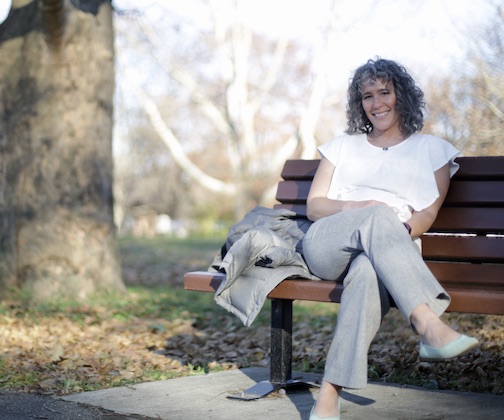
At times, it has been really frustrating to be a strategist and health communication professional and witness the lack of strategic planning and messaging that we have over the last two years.
-
3 years ago
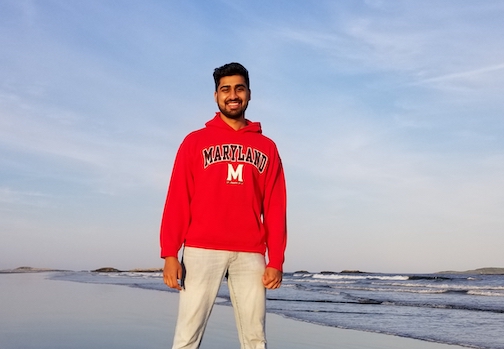
"What many people miss is that emotional exhaustion among clinicians existed long before the pandemic."
-
4 years ago
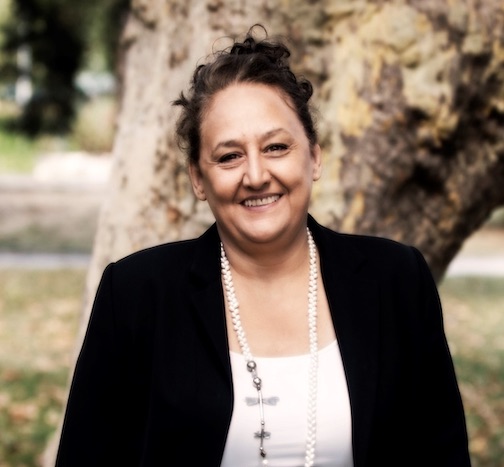
"A lot of people argue whether technology is good for the future of humanity or bad. In my opinion, it is both - just as an herb could be a poison or a medicine."
-
4 years ago
